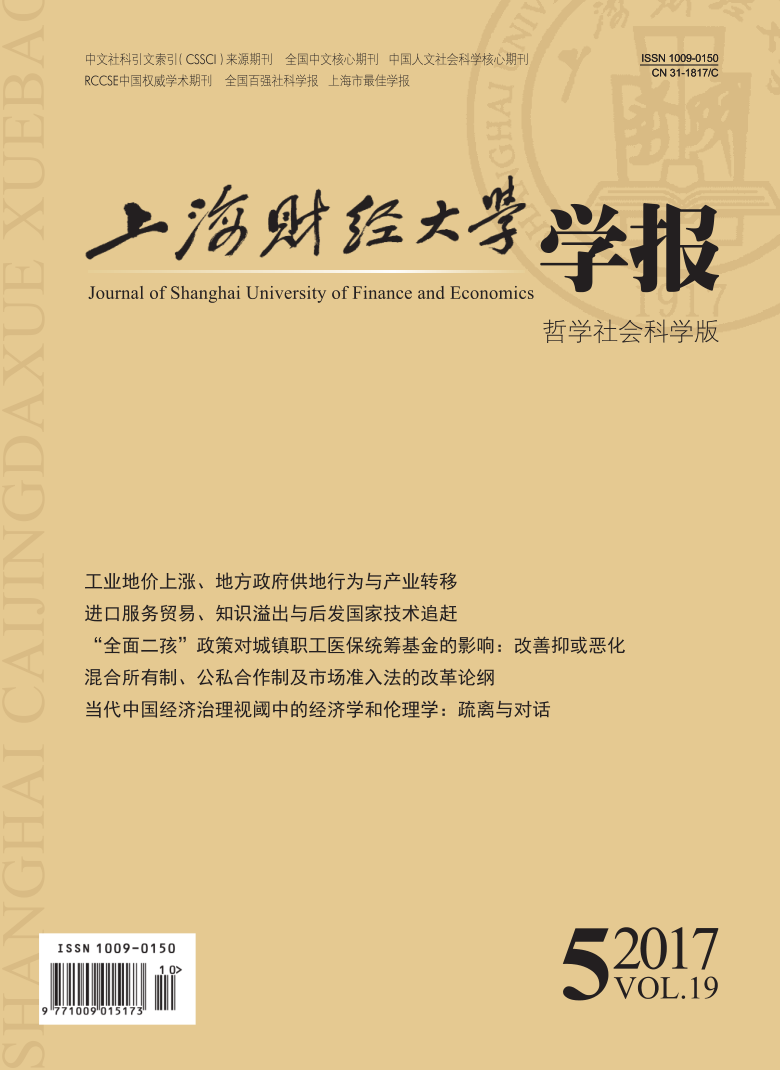The social integration between the floating population and the local residents is the foundation of constructing a harmonious urban society. The housing and community choices of floating population are affecting not only their welfare, but also social integration. Based on the dynamic monitoring data of floating population in China in 2014, this paper constructs a multi-dimension index of social integration and analyzes the influence of social integration on the residential choice of floating population by using simultaneous equation model to overcome the endogeneity bias. The results show that the influence of social integration on the residential choice of floating population is significant. To be exact, better social integration of the floating population increases the probability of their home ownership, or living in formal communities, or improves the level of their housing consumption. This paper provides a basis for the improvement of the social integration of floating population, the spatial allocationoptimization of living resources, and the guidance of rational residential choice of floating population.
 / Journals / Journal of Shanghai University of Finance and Economics
/ Journals / Journal of Shanghai University of Finance and EconomicsJournal of Shanghai University of Finance and Economics
LiuYuanchun, Editor-in-Chief
ZhengChunrong, Vice Executive Editor-in-Chief
GuoChanglin YanJinqiang WangWenbin WuWenfang, Vice Editor-in-Chief
How Does Social Integration Affect the Residential Choice of Floating Population?Based on the Monitoring Data of Floating Population in China in 2014
Journal of Shanghai University of Finance and Economics Vol. 19, Issue 05, pp. 64 - 79 (2017) DOI:10.16538/j.cnki.jsufe.2017.05.006
Abstract
References
Abstract
Cite this article
Zou Jing, Chen Jie, Wang Hongwei. How Does Social Integration Affect the Residential Choice of Floating Population?Based on the Monitoring Data of Floating Population in China in 2014[J]. Journal of Shanghai University of Finance and Economics, 2017, 19(5): 64–79.
Export Citations as:
For
ISSUE COVER
RELATED ARTICLES




 , 1
, 1 11196
11196  13612
13612

